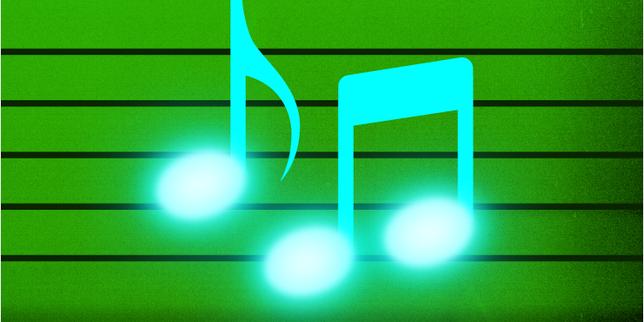

In an era where technology continues to reshape various industries, two stories stand out: the burgeoning presence of AI-generated music on digital platforms and an educational initiative fostering budding scientists. Both narratives highlight innovation and the transformative potential of modern technology.
Every day, nearly 20,000 new music tracks created by artificial intelligence tools, such as Suno, are uploaded to platforms like YouTube and Spotify. This data, provided by Deezer, underscores a growing trend where artificial intelligence not only assists but actively creates musical content. Such prolific output raises questions about the future landscape of music production and discovery, with concerns that this flood of AI-generated content could potentially overshadow traditional music creation.
The ease of generating music through AI presents both opportunities and challenges. For emerging artists and producers, these tools offer new avenues for creativity, allowing unprecedented freedom in experimenting with sound and style. However, it also introduces complexities for listeners and music platforms, which must navigate this vast and varying quality of content. As AI tools continue to evolve, they spark interest and debate over artificial creativity’s role in enriching or diluting cultural and artistic value.
Meanwhile, as technology opens new frontiers in creativity, it is also inspiring young minds in the field of science. Recently, 75 secondary school students from across Portugal engaged in an immersive program at the Faculty of Sciences of the University of Lisbon (FCUL). This initiative, designed to expose students to real scientific practice and active researchers, offered them the opportunity to engage directly in various research fields, encouraging them to explore their scientific interests in an interactive setting.
This week-long experience allowed students to delve into hands-on projects, such as building solar-powered cars, thereby bringing theoretical knowledge to life through experimentation and innovation. Through this program, participants not only gained insights into the meticulous world of scientific inquiry but also reaffirmed their enthusiasm for pursuing careers in science and technology. Facilitating such direct engagement with practical science can profoundly impact young individuals, inspiring future contributions to scientific advancement.
In conclusion, while AI’s impact on the music industry and initiatives like the FCUL program might seem unrelated, they both reflect a similar theme: the empowerment brought about by modern technology. Be it through democratizing creativity or encouraging the next generation of scientists, these developments showcase the potential for technology to expand horizons and instigate positive change in various facets of life.
As we embrace these changes, it becomes essential to consider how best to integrate these evolving tools into our lives, ensuring that they complement rather than overwhelm existing practices, and inspire rather than replace the human touch and ingenuity. The continued dialogue around these topics ensures a mindful approach to technology’s role in our cultural and educational landscapes.
Source: {link}
